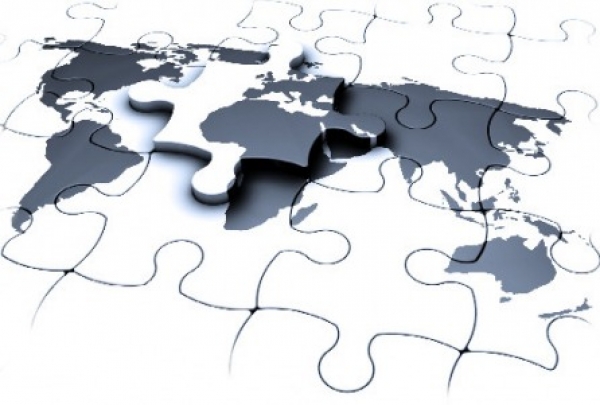The UNCTAD study “How to utilize FDI to improve transport infrastructure – ports: Lessons from Nigeria” prepared by Thanos Pallis with inputs and assistance from PortEconomics member Aimilia Papachristou was released on January 31st in Geneva and New York.
The study draws lessons from the experience of Nigeria and its broad-based port reforms over the past decade. A rising number of developing countries have reformed governance models and introduced private investment and management in formerly State-dominated ports. Foreign direct investment in port infrastructure is an attractive policy option for many developing countries, although it is not without its challenges. The challenges should not be underestimated, and include, among others, establishing the necessary legal and institutional framework, restructuring port entities, managing the bidding process, negotiating with international terminal operators, and providing fair and effective regulation throughout the life of the project. The experience that Nigeria has had in the development of its port infrastructure and management provides examples for policymakers on actions that have led to success and challenges that arise when a country opens its ports to foreign investors.
Being part of UNCTAD’s Investment Advisory Series B this is a case study of good practices in policy and strategic matters related to foreign investment and development in ports. It is intended to help policy makers with issues related to investment promotion and facilitation and the work of investment promotion agencies and similar institutions.
While it was prepared by PortEconomics co-director Thanos Pallis and Aimilia Papachristou, valuable guidance and local insights were provided by Stanley Yitnoe. The report was finalized by Cam Vidler and Silvia Constain. Contributions and comments were received from Chantal Dupasquier, Jan Hoffmann, Vincent Valentine, and Joerg Weber. The report has also benefited from views of current and former Government officials, the domestic and foreign private sector and academics. The programme receives financial support from the Government of Germany.
You can freely download the study @ UNCTAD’s webpage: “How to utilize FDI to improve transport infrastructure – ports: Lessons from Nigeria“












